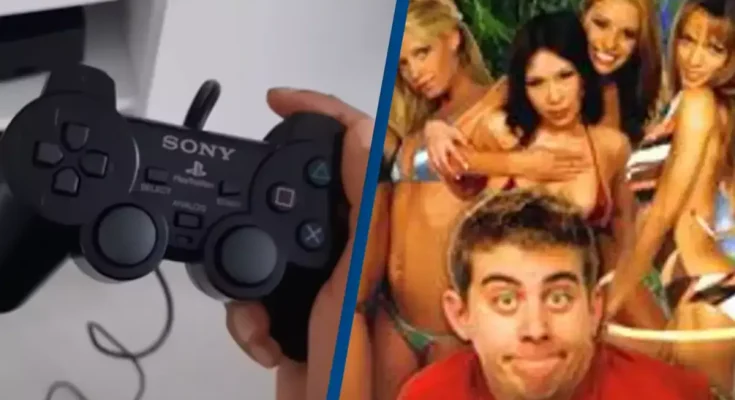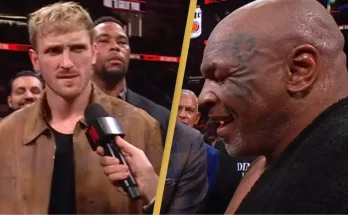Developers of a controversial 2004 video game were taken to court by a woman who featured in it
You could end up landing yourself in a spot of legal bother should you get caught owning a banned 2004 PS2 and Xbox game.
Without wishing to sound too much like your mom, it’s undeniable video games don’t come with some controversy.
Accused of promoting violence, over-sexualization and being addictive – oh and as your grandma may say, ‘rotting young peoples’ brains’ – gaming has certainly got some stick over the years.
And in the instance of one particular video game, all of this wider concern certainly wasn’t helped by details which emerged about the game’s production shortly after it was released.
The game was originally released in 2004 but you won’t find it available in any store and it’s also been banned from being streamed on Twitch.
Called The Guy Game, it was released by TopHeavy Studios and the premise is it’s a trivia game where up to four players answer certain questions. Seems pretty harmless, right?
Wrong.
If the user answered questions correctly, they were ‘rewarded’ with a glimpse of an image of a topless woman, starting off censored and becoming less so as they earn points until – well, you get where this is going.
However, while the nudity and objectification was viewed by many as distasteful and was heavily criticised at the time, it’s not ultimately enough to get someone in legal trouble.
And this is where a spring break party comes into the equation.

The cover of The Guy Game (Gathering)
When the producers of The Guy Game were sourcing the footage to use for the game, they went to a spring break party in South Padre Island, Texas.
It’s reported the producers approached young women attending the party and after checking ID, paid them $20 to answer a trivia question and take their top off if they got it wrong.
After the game’s release, one player had what must have been a hugely uncomfortable experience when he saw that his own sister had featured on it.
The girl, who was not publicly named and referred to as ‘Jane Doe’ in court proceedings, raised a lawsuit against TopHeavy.

The game had to be pulled from shelves (Getty Stock Images/ Westend61)
When the case was brought to court, it emerged that the girl had falsified certain details, including her date of birth – when she had posed, she’d been 17 years old.
This meant The Guy Game included indecent images of an underage girl – making it illegal to own – though the court did not resolve the question of whether it constituted child abuse images.
Jane Doe won the case and an injunction was granted ceasing distribution of the game – it’s no surprise it was subsequently pulled from sale.
TopHeavy responded by posting on their website: “The Man has decided that our fun and hilarious presentation of spring break revelry just wasn’t appropriate for the world of gaming.”



